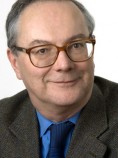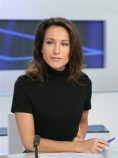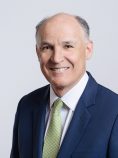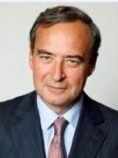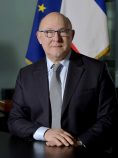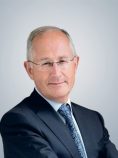1 Jul 2016
Economy & Politics : what Is The Driving Force?
Debate 1
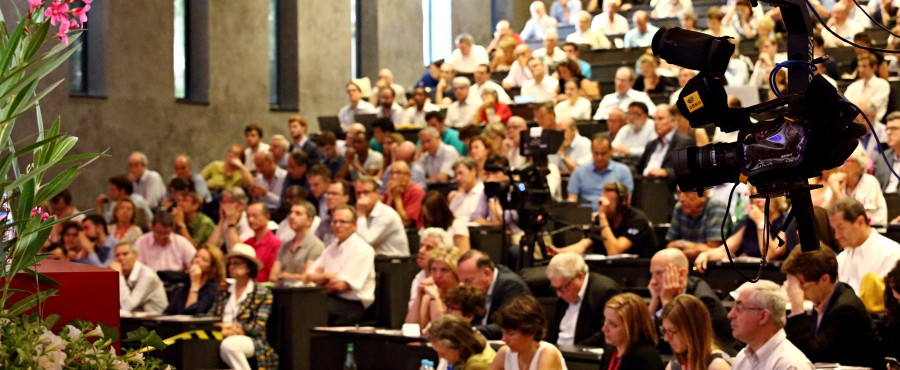
In a complex and interdependent world, the relation between economics and politics is increasingly called into question. The economy results in disruptions that are increasingly quick and deep – such as technology, relocations, and inequalities – while politics face conflicting expectations and deadlines? This is a challenge for all leaders.
Are the sovereignty and decision-making capacities of politics challenged by the acceleration of changes and by globalisation? Is the slow political pace obstructing the necessary reactivity of a dynamic economy?
In our western societies, there is a genuine crisis of confidence in politics, something that we can partially explain by the failure of one economic policy after another. At the same time, and to a greater degree since the 2008 financial crisis, the economic –especially financial– power, is loudly accused of imposing its pace to politics. On the other hand, faced with a worrying future, established interests are more able to resist unfavourable changes.
Does the power of economics challenge the framework and democratic legitimacy of our societies? Conversely, how to make reform attractive to those who feel threatened? Finally, how to coordinate between the two driving forces?
These issues are even more relevant today as we prepare for a series of major elections, most notably in Germany, the United States and France, where the question of economic and financial control, backed by populist candidates, is resurfacing.
As a consequence, what can economic stakeholders expect from politics? And, conversely, what does politics expect from the economy? Can the outcome of these elections have an effect on the world economy?
Contributions
Jaques Mistral _ DEBAT 1
